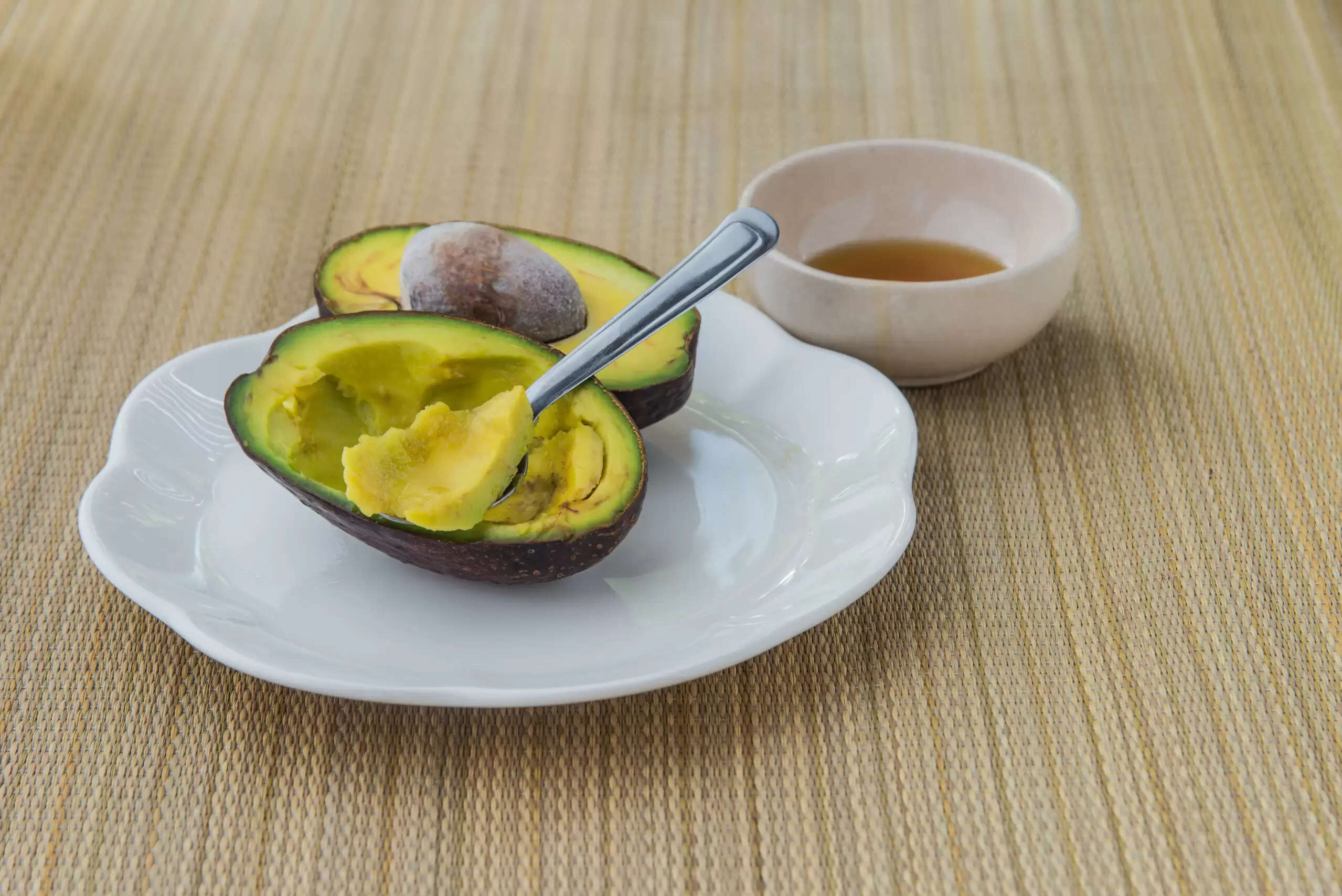Avocados: Everything You Need To Know About This Versatile Fruit
Avocado has earned its place on the list of nutritious foods due to its abundance of beneficial nutrients such as fibre, vitamins, and minerals.

It is notably rich in vitamin C and contains heart-protective healthy fats. Despite its high-fat content, avocados are considered one of the healthiest fruits to incorporate into your daily diet. Known as 'makkhan fal' in India, avocados are versatile fruits that belong botanically to the large berry category and contain a single seed or pit. Surprisingly, this seemingly "fatty" fruit can even aid in weight loss. This is attributed to the presence of nourishing monounsaturated oils in avocados, which neither contribute excessive calories nor hinder joint lubrication and blood pressure reduction. Avocados enjoy widespread popularity across the globe and are cultivated in Mediterranean regions as well. In India, they are grown sporadically in southern tropical states such as Tamil Nadu, Kerala, Karnataka, and Maharashtra.
Avocados have a unique nutritional profile, containing high levels of fibre and a rich assortment of vital nutrients such as B vitamins, vitamin K, potassium, copper, vitamin E, and vitamin C. Avocados exhibit a wide range of types, exhibiting variations in colour, size, and shape. They can be consumed raw, incorporated into smoothies, or used in dips such as guacamole.
Nutritional Composition:
Avocado is composed of approximately 73% water, 15% fat, 8.5% carbohydrates (mostly fibres), and 2% protein. A half portion of avocado, weighing around 100 grams (g), provides 160 calories. Due to its low sugar content, avocados have a significantly low glycemic index score, indicating that they have a minimal impact on raising blood sugar levels. Avocado's carbohydrate content is primarily composed of fibre, accounting for 79% of its total.
Incorporating avocados into your diet is simple and versatile. They can be enjoyed in various forms, such as adding them to salads, creating delicious avocado toast, or incorporating them into a variety of dishes. Avocados possess a soft and creamy texture that effortlessly complements other ingredients. Additionally, they can be used to prepare guacamole, a delightful blend of avocados, garlic, salt, lime, and other flavorful spices.
Benefits of Avocado for your Health
Incorporating nutritious food into your lifestyle is crucial for preventing and reversing diseases. Among the various healthy options available, avocados offer numerous benefits. Packed with vitamins, minerals, and healthy fats, avocados contribute to disease prevention and the overall well-being of your body.
Cancer prevention
Avocados contain folate, which has been linked to a reduced risk of certain cancers like prostate and colon cancer. Additionally, the nutrients present in avocados may possess cancer-fighting properties.
Improved joint health
Studies have indicated that oil extracts from avocados can alleviate symptoms associated with osteoarthritis. Furthermore, the vitamin K found in avocados supports bone health by slowing down bone loss and protecting against osteoporosis.
Mitigates symptoms of depression
Depression is often associated with inadequate folate levels, as research suggests. Folate plays a crucial role in preventing the accumulation of homocysteine, a substance that hinders nutrient flow to the brain and contributes to depression. Avocados, rich in folate, may effectively mitigate symptoms of depression.
Anti-inflammatory properties
Inflammation serves as a catalyst for various ailments like diabetes, Alzheimer's disease, and arthritis. Avocados contain vitamin E, which has anti-inflammatory properties, thereby reducing inflammation within the body.
Improves digestion
Avocados contain a significant amount of fibre, particularly insoluble fibre, which aids in the smooth movement of waste through the body. By promoting regularity, fibre helps prevent constipation.
Regulates blood pressure
Avocados are abundant in potassium, a mineral that helps regulate blood pressure. By reducing sodium levels in the bloodstream and relaxing blood vessel walls, potassium helps maintain healthy blood pressure levels.
Heart health
The predominant healthy fat found in avocados is oleic acid, a monounsaturated fatty acid known for its beneficial effects on the heart. Oleic acid helps decrease inflammation in the cardiovascular system, promoting heart health. Additionally, avocados contain beta-sitosterol, a plant-based nutrient that assists in lowering cholesterol levels.
Improves eye health
Avocados contribute to maintaining healthy vision as they contain lutein and zeaxanthin, two antioxidants that safeguard your eyes by shielding them from harmful UV light and reducing the risk of cataracts and macular degeneration.
Recommended during pregnancy
During pregnancy, consuming a minimum of 400 micrograms of folate daily is essential to support the healthy development of your baby's brain and spine, reducing the likelihood of birth defects. You can obtain approximately 41% of the recommended folate intake by consuming a single avocado.
Conclusion
Including avocado in your meals offers incredible nutritional benefits due to its composition. This versatile fruit complements a wide range of recipes, enhancing its flavour and texture. Nevertheless, it is crucial to be aware of its elevated fat content and consume it in moderation. Incorporating avocados can greatly contribute to your overall well-being as part of a well-rounded and nutritious meal.
Disclaimer: The above content is for informational purposes only and should not be used as a substitute for the advice of a qualified physician or doctor. The Company does not vouch for or endorse any of the above content, and disclaims any and all warranties, express or implied, relating to the same..png)